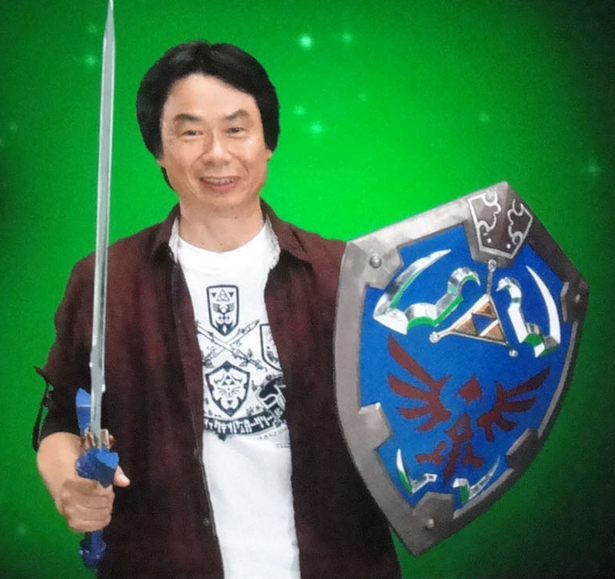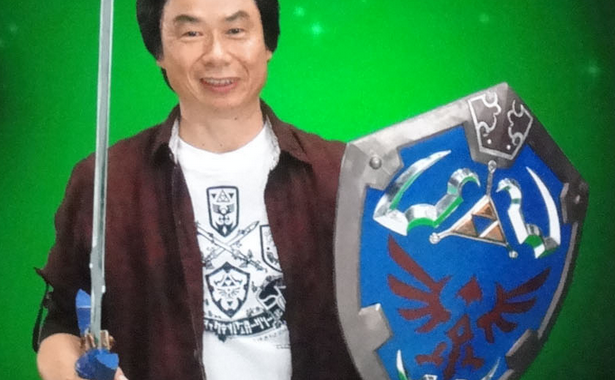
Artist's impression of Miyamoto preparing to fend off investors who want more generative AI integration.
In recent years, large parts of the games industry have embraced generative AI, both on the development side and for new user-generated content tools. But legendary Nintendo game designer Shigeru Miyamoto says his company “would rather go in a different direction” when it comes to AI technology.
In a recent interview with The New York Times, Miyamoto said this wasn't just Nintendo being obstructive. “It may seem like we're going the other way for the sake of going the other way, but it's really an attempt to figure out what makes Nintendo special,” Miyamoto said. “For example, there's a lot of talk about AI. When that happens, everyone starts going in the same direction, but that's where Nintendo would rather go the other way.”
Miyamoto's statement comes a few months after a more noncommittal position Nintendo President Shuntaro Furukawa took during an investor Q&A in July. “Generative AI, which has become a big topic lately, can be used in creative ways, but we recognize that it may also raise issues with intellectual property rights,” Furukawa said at the time.
Ignoring generative AI would certainly take Nintendo in a “different direction” than many major gaming companies. Electronic Arts’ recent Investor Day was abuzz with talk about algorithmic AI and its potential to make game development more efficient. Microsoft, which has invested heavily in OpenAI, has pledged to integrate its Copilot chatbots into games like Minecraft to give players conversation tips. And Nvidia is busy talking about the potential of its ACE generative AI model to control completely unscripted in-game NPCs.
Nintendo, on the other hand, has often been reluctant to jump on various tech-industry ties. While Nintendo said in 2016 that it was “looking at virtual reality,” it quickly became clear that the company had no interest in following Sony into the VR space (the gimmicky cardboard Labo VR notwithstanding).
“If you look at VR headsets, I doubt they can appeal to the mainstream,” Philippe Lavoué, general manager of Nintendo France, said in a 2018 interview. “And what novelty would we bring compared to our competitors? If we do exactly the same as everyone else, we'll die because we're smaller than them.”

